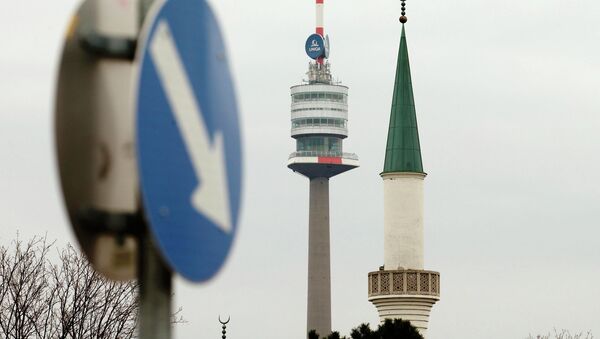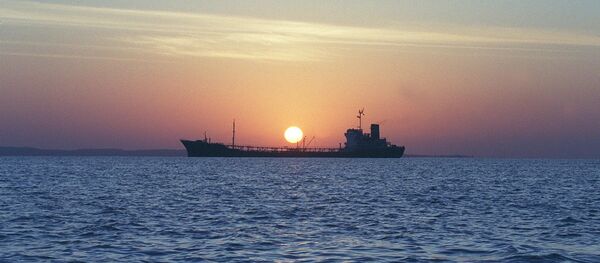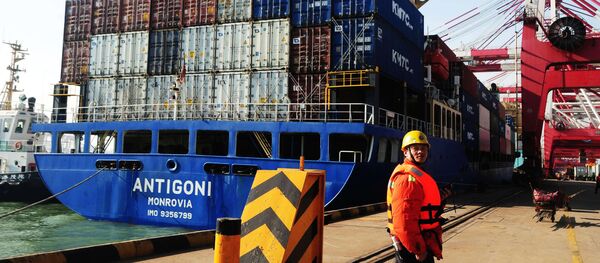"The Vienna meeting has added a new dimension both to American international isolation and to the full-fledged trade war President Trump launched last night," Freeman said on Friday. "The other parties to the JCPOA have made no secret of their objections to US policy. Only Iran's regional adversaries agree with current US policy in this regard."
In the absence of consensus, the attempt now to restore unilateral US sanctions on Iran was explicitly based on an effort to coerce Iran's trading partners, including US allies, Freeman pointed out.
Differences over the JCPOA will make for a most interesting NATO summit next week in Brussels, Freeman added. And what happens in Brussels will figure greatly in the subsequent summit in Helsinki between Russian President Vladimir Putin and Trump, Freeman suggested.
"The rift in allied solidarity over the JCPOA is coming to a head in the midst of a trade war that pits the United States against the entire world, including its European allies, and threatens the rule-bound order that has been the foundation of global advances in prosperity and peace," he said.
With no rules now in force to constrain their disputes, the United States and its European allies were entering a contest in which might was attempting to make right, Freeman cautioned.
However, the statement of the parties to the JCPOA at Vienna echoed earlier statements by China, India, and other non-European great powers that they had no obligation to respect unilateral US sanctions against Iran and would resist them, Freeman advised.
Earlier in the day, participants in the JCPOA including Russia, China, Germany, France and the United Kingdom all confirmed at their meeting in Vienna that they remained determined to carry out the full and effective implementation of the agreement. The meeting came on the same day that US President Donald Trump’s tariffs against China went into effect.
Chas Freeman is a lifetime director of the Atlantic Council and served as US Deputy Chief of Mission and Chargé d’affaires at the US embassies in Beijing and Bangkok. Freeman also held several senior level positions at the US Department of Defense.



